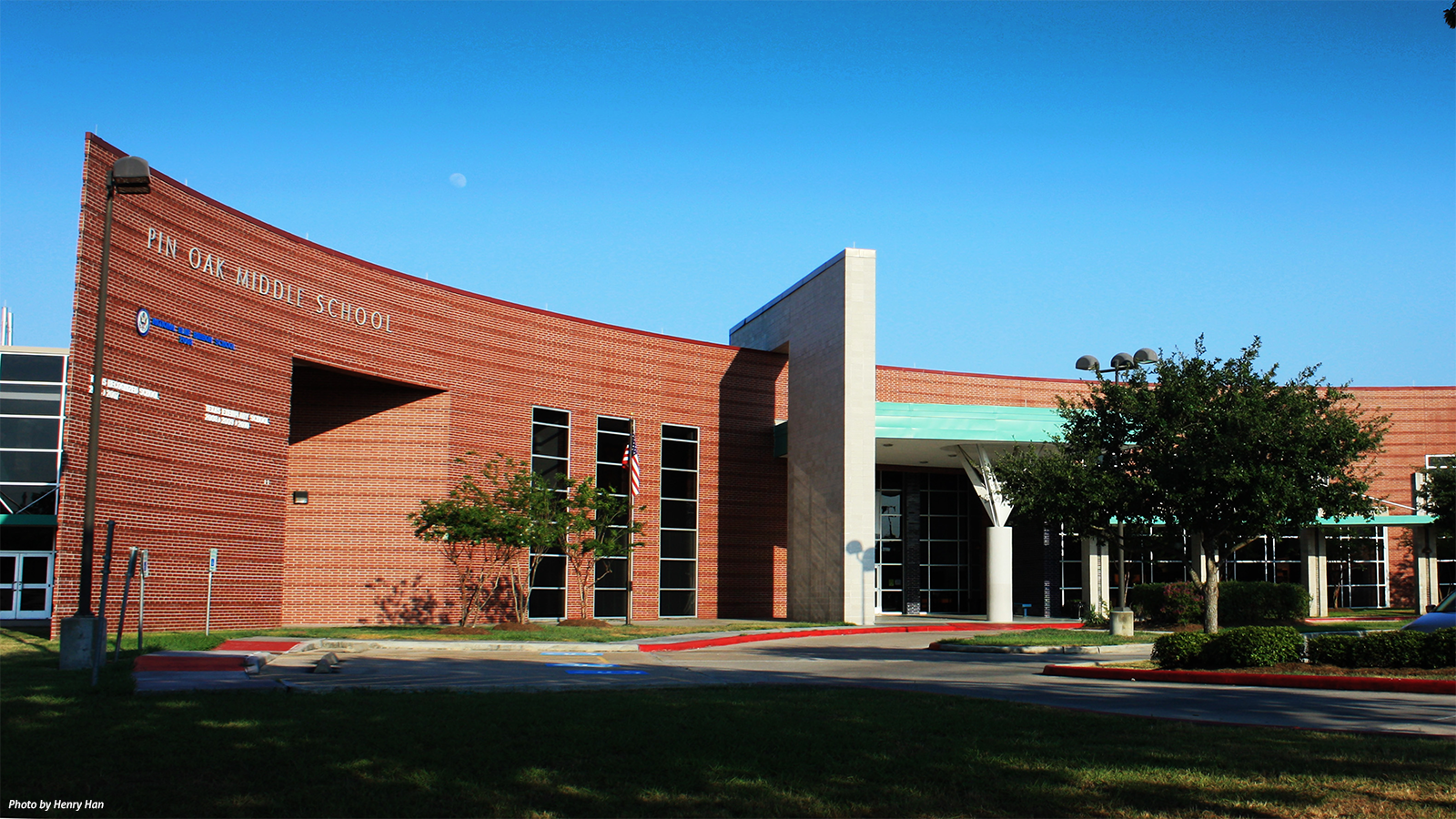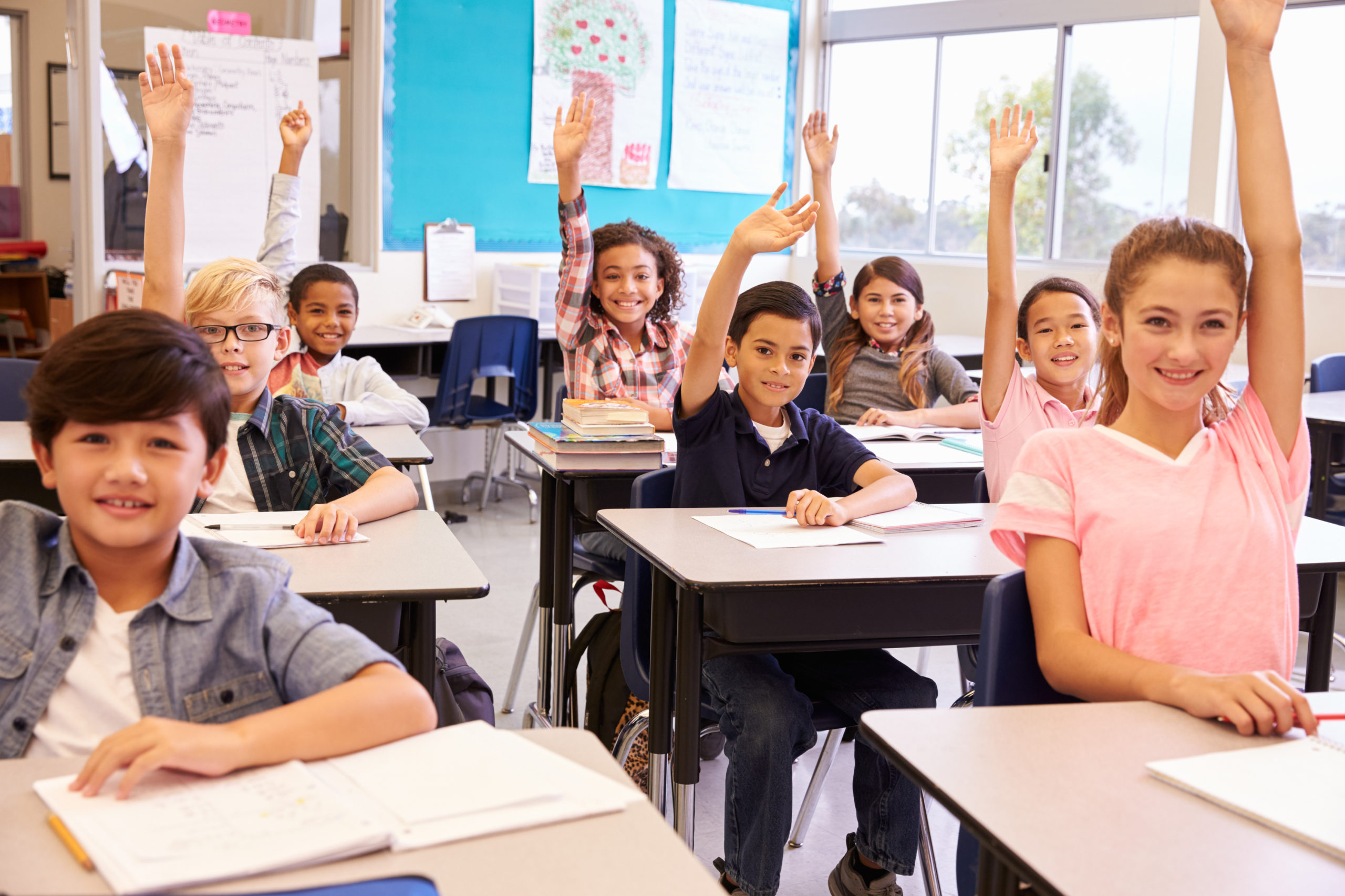Understanding the Relevance of Schools in Youngster Advancement and Neighborhood Development
Schools serve as crucial establishments for kid development and neighborhood development, offering environments where scholastic achievements are enhanced by the growing of social abilities and exposure to diverse perspectives. These instructional settings not only advertise vital reasoning and effective interaction but likewise foster empathy via collaborative tasks. Institutions' interaction with neighborhood communities via service-learning initiatives enhances the bond between family members and academic organizations. This symbiotic connection emphasizes the significance of institutions in nurturing energetic citizenship and lifelong learning practices. What are the certain systems by which these institutions attain such extensive influences?
Academic Accomplishment
Academic achievement functions as a foundation of child growth, supplying the structure upon which future learning and success are constructed. Schools play a crucial duty in promoting this academic development, providing organized atmospheres where children can acquire important expertise and cognitive skills. Standard educational program guarantee that students gain effectiveness in core topics such as mathematics, science, and language arts, which are essential for both higher education and specialist chances.
Along with imparting fundamental scholastic abilities, institutions also cultivate essential thinking, analytic capacities, and intellectual inquisitiveness. These cognitive competencies are essential for navigating complex real-world scenarios and adapting to the ever-evolving needs of the modern-day office. Teachers, as facilitators of discovering, employ varied pedagogical approaches to accommodate diverse discovering designs, thereby maximizing specific trainee potential.
Additionally, scholastic success is very closely connected to self-esteem and inspiration. Youngsters who experience academic success are more probable to create a favorable self-concept and a long-lasting interest for learning. Schools likewise provide different sources, such as collections and technology, which further enhance the academic experience and prepare trainees for a technologically innovative culture.
Social Ability Development
Beyond scholastic success, the duty of colleges in social skill growth is important. Schools work as a main location for children to learn and practice important social abilities such as conflict, collaboration, and communication resolution. In the organized atmosphere of a classroom, students connect with peers, instructors, and various other college personnel, providing many possibilities to establish these important capabilities.
Reliable social ability growth in institutions is promoted with group tasks, collective projects, and extracurricular programs. These interactions help pupils comprehend social norms, construct compassion, and foster a feeling of neighborhood. Team assignments educate trainees just how to work with each other towards a common objective, pay attention to different viewpoints, and navigate disagreements constructively.

The cultivation of social skills during academic year lays a foundation for future personal and expert partnerships. Save Temecula Schools. As students mature, the capability to properly communicate and work together ends up being increasingly crucial, emphasizing the college's vital duty in holistic child advancement
Direct Exposure to Diversity
Exposure to diversity in institutions is fundamental to cultivating a comprehensive state of mind and expanding trainees' point of views. Schools work as a microcosm of the broader society, and encountering diverse societies, languages, and socioeconomic histories within this atmosphere furnishes pupils with necessary abilities for browsing a significantly globalized world. This direct exposure urges compassion, minimizes prejudices, and advertises mutual respect amongst peers.
Varied classrooms additionally boost social and cognitive advancement. Study indicates that students that connect with peers from varied histories display better problem-solving abilities and creative thinking. They find out to value various perspectives, which improves class discussions and fosters an extra dynamic learning experience. In addition, this understanding of variety prepares trainees for future workplaces that value modern capability.

Community Interaction
The advantages of varied class extend past the college browse this site wall surfaces, cultivating a solid feeling of neighborhood interaction amongst trainees. By connecting with peers from different cultural, socioeconomic, and ethnic backgrounds, trainees gain a more comprehensive perspective and a gratitude for diversity. This exposure motivates them to become active citizens that agree to contribute favorably to their neighborhoods.
Institutions that highlight community interaction usually include service-learning tasks, which enable pupils to resolve real-world troubles while using academic skills. These tasks not just boost pupils' understanding of their coursework however likewise instill a sense of obligation and empathy. Moreover, collaborations between institutions and regional organizations give trainees with possibilities to take part in neighborhood events, further strengthening their duty as proactive area members.
Furthermore, parental and neighborhood involvement in institutions strengthens the bond in between instructional institutions and the neighborhoods they serve. When colleges open their doors to area occasions, workshops, and volunteer chances, they create a collective environment that benefits all stakeholders. This shared support system makes certain that pupils receive all natural growth, preparing them to end up being all-round people who value and add to their neighborhoods. Through these initiatives, colleges play a critical duty in nurturing community interaction and fostering societal click here for more growth.
Lifelong Knowing Behaviors
Establishing lifelong knowing habits is vital for a child's constant development and versatility in an ever-changing world. Colleges play an essential duty in instilling these practices by creating an environment that fosters inquisitiveness, crucial thinking, and a love for expertise. With extracurricular activities and diverse educational programs, instructors motivate pupils to discover numerous subjects, assess info critically, and use their discovering to real-world circumstances.

Moreover, institutions supply a structured setting where youngsters can develop self-control and time administration abilities, both of try these out which are important for continual knowing. By stressing the significance of establishing goals, mirroring on progression, and adjusting methods, educational institutions prepare trainees to navigate the complexities of grown-up life, guaranteeing they stay lifelong learners and factors to society.
Verdict
In verdict, colleges are necessary in cultivating youngster advancement and area growth by giving atmospheres conducive to academic accomplishment, social skill advancement, and exposure to diversity. Ultimately, colleges cultivate lifelong understanding habits, gearing up individuals with the required knowledge and abilities to contribute positively to culture.
In the organized atmosphere of a class, students engage with peers, teachers, and various other school personnel, supplying various possibilities to establish these critical capabilities.
In significance, exposure to variety within schools not only improves individual trainees yet additionally strengthens the social material of the area as a whole.
The benefits of diverse classrooms extend beyond the institution wall surfaces, fostering a strong feeling of neighborhood involvement amongst students.Institutions that highlight neighborhood involvement frequently integrate service-learning tasks, which permit students to resolve real-world issues while using scholastic abilities. Partnerships between schools and neighborhood companies provide students with chances to take part in neighborhood events, better solidifying their role as proactive community members.
Comments on “Ingenious Solutions to Save Temecula Schools from Budget Plan Cuts”